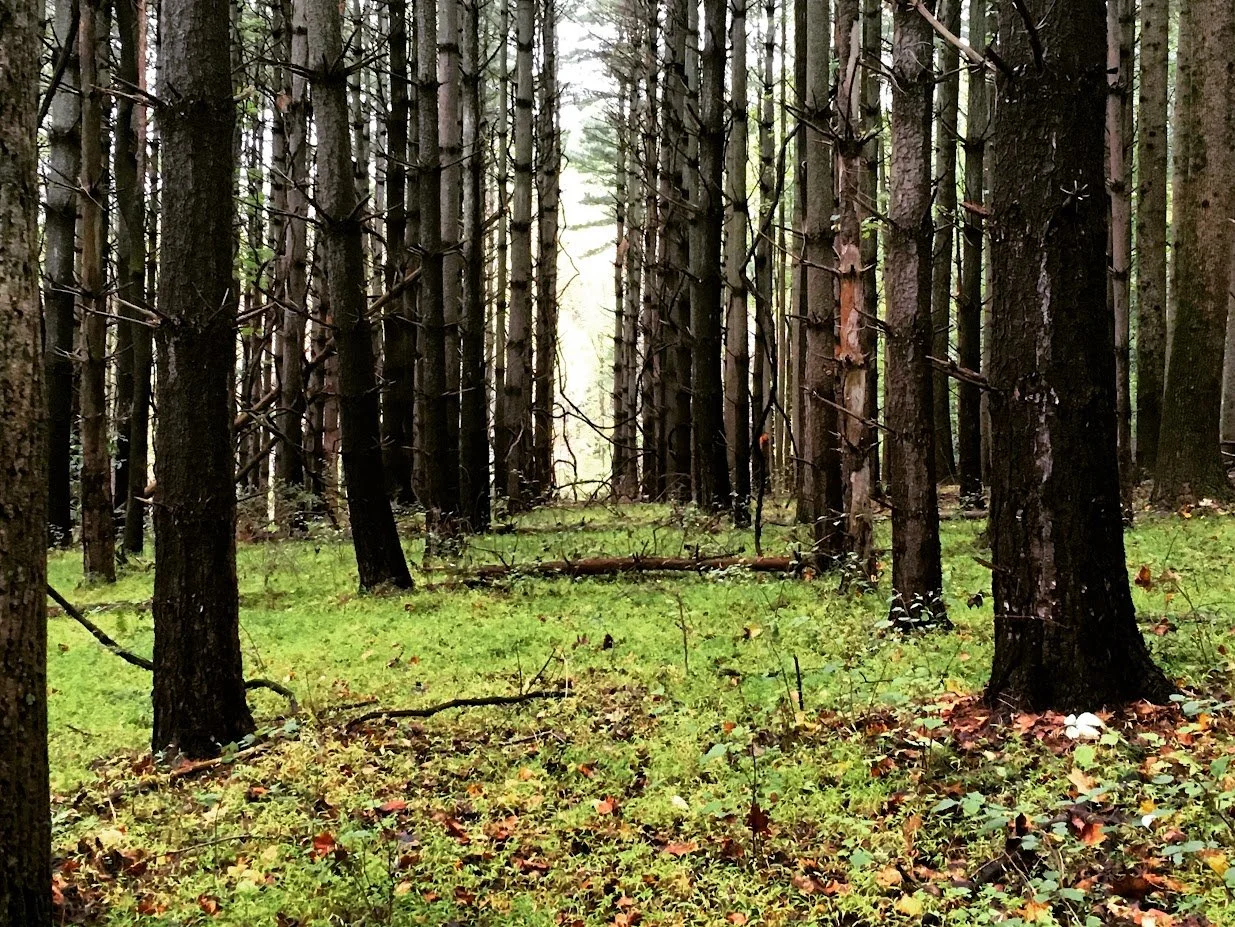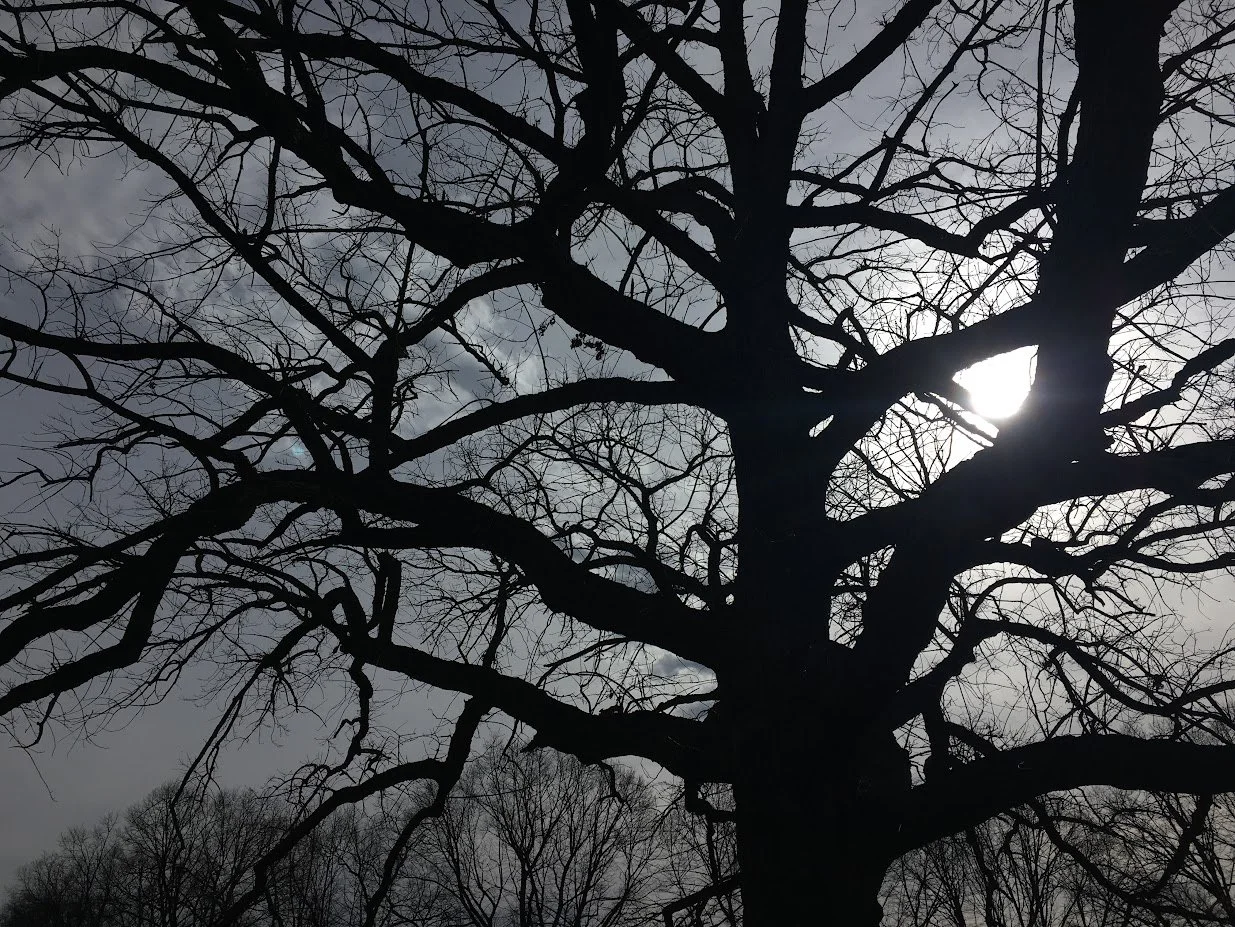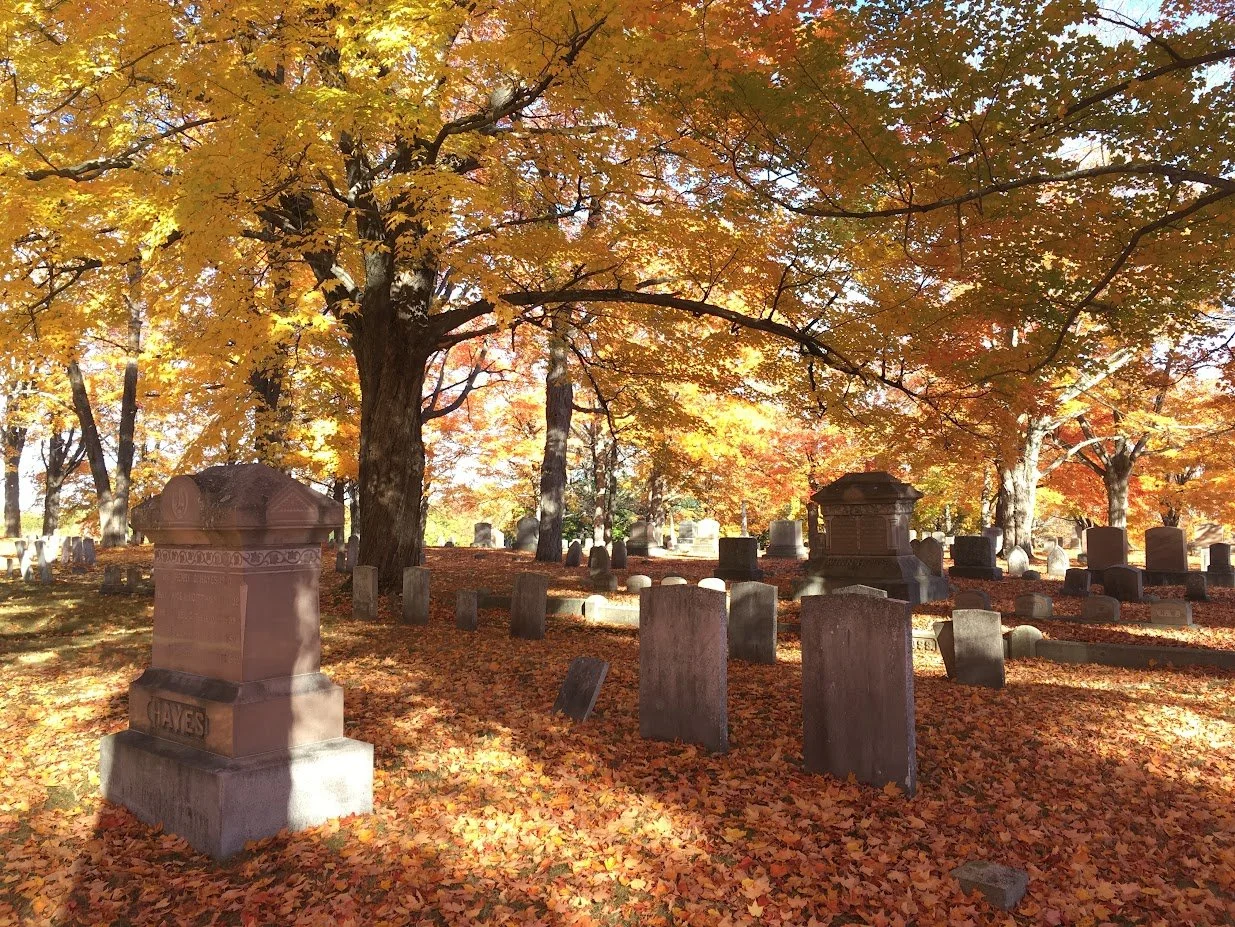In the pre-apocalypse world, being a little weird might get you some funny looks. You spend your free time practicing medieval sword fighting? You collect obscure survival manuals from the 1800s? You taught yourself how to tan a deer hide, even though you’ve never been hunting in your life?
Unusual, sure. Some might call you eccentric. But when the world falls apart, that weirdness might just be the reason you make it.
Because here’s the thing—normal people don’t survive the end of the world.
The ones who thrive? They’re the ones who already live like civilization is optional.
Right now, society rewards specialization. People dedicate their lives to one career, one skill set, one carefully curated routine. But what happens when all of that collapses?
The guy who only knows how to write marketing reports? Not very useful when the power grid is gone.
The person who eats nothing but UberEats and microwave meals? Good luck when the grocery store is an abandoned wasteland.
The office worker who has never spent a single night outside? Probably not making it through the first winter.
If all you know is how to function within modern society, you are dangerously unprepared for a world where modern society no longer exists.
The Survival Perks of Being a Little Weird
Meanwhile, the weird people—the ones who already live like they don’t fully trust civilization to stick around—they’re the ones who have a fighting chance. Why?
1. Weird Hobbies = Survival Skills in Disguise
A lot of things that seem quirky or unnecessary now could turn into critical survival skills when the world shifts.
The blacksmithing enthusiast? Now the only person in town who can repair tools.
The amateur herbalist? Suddenly in charge of medicine.
The person who spent years practicing archery as a “fun historical skill”? Now the best hunter around.
Being a little unusual likely means you already have a skill set that isn’t dependent on the modern world. And that’s an advantage.
Fingers crossed your unconventional skill set matches the type of apocalypse we get.
2. Unconventional Thinking Means You Adapt Faster
When everything collapses, people who are too used to the system will struggle the most. They’ll keep trying to act like things will go back to normal, even when it’s clear that normal is gone.
But the eccentrics? They’re used to questioning reality.
The conspiracy theorist already thought the government might fail, so they aren’t shocked when it does. In fact, they probably saw it coming years earlier.
The DIY enthusiast already knows how to repurpose junk into useful tools. And if they’re friends with the conspiracy theorist, they’ve been stockpiling the right kind of junk for years.
The roleplaying gamer has already mentally rehearsed a hundred different survival scenarios and can put the DIY enthusiast’s useful tools into practice right away.
When society breaks, it’s not the ones who cling to the old ways that survive. It’s the ones who are willing to embrace the new reality.
3. You Probably Already Own Useful Stuff
The average person has an apartment full of IKEA furniture and decorative candles.
The eccentric person? They have:
A working forge in their backyard
A bookshelf full of ancient survival guides
A medieval-style longbow
A collection of wild edible plant identification flashcards
A fully stocked apocalypse bunker “just for fun”
And sure, maybe their neighbors used to think they were strange. But when the world ends, who’s knocking on their door for help? Yep. That same neighbor.
How to Embrace the Weird Before It’s Too Late
If you’re already weird? Congratulations! Me too! Keep doing your thing. Your niche skills, odd habits, and general distrust of the status quo are survival assets.
But if you’ve spent your life being too normal, now is the time to start getting just a little bit strange.
Learn a skill no one thinks is useful anymore (like blacksmithing, sewing, or making soap).
Read old survival manuals instead of assuming you can Google everything forever.
Start paying attention to the natural world—what’s edible, what’s poisonous, where water sources are.
Get comfortable being uncomfortable. Sleep outside. Take cold showers. Eat weird food.
Pick up a "pointless" hobby that might turn out to be very useful (axe throwing, beekeeping, lockpicking). You never know—it might be useful sooner than you think.
The best time to start preparing for the end of the world was years ago.
The second best time? Right now.
So go ahead—get a little weird. One day, it might be the thing that keeps you alive.










